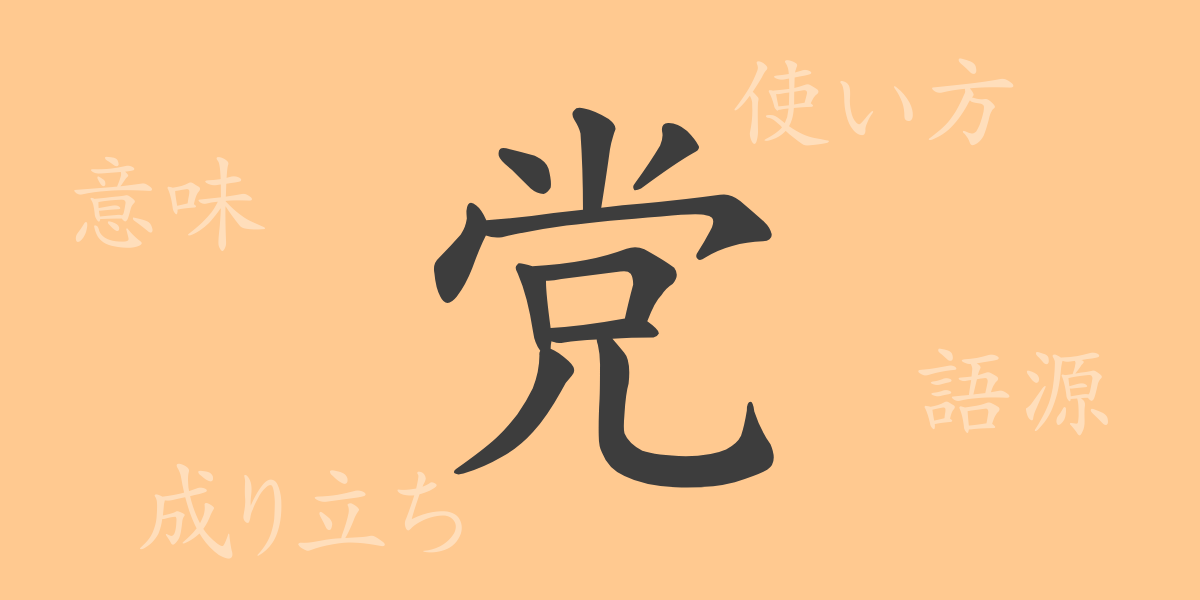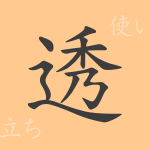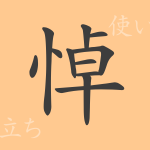The meaning and history embedded in each Kanji character tell the importance of language in Japanese culture. The Kanji ‘党 (とう)’ is not only prevalent in the political realm but also frequently used in our everyday lives. This article explores the Kanji ‘党’, delving into its origins, meanings, and uses, and touching upon the idioms and phrases it features in, capturing its allure.
Origins of ‘党 (とう)’
The Kanji ‘党’ originated in ancient China, initially used to denote groups or factions. Its etymology traces back to the symbol ‘黨’, symbolizing people with the same aspirations gathering together, which later simplified to the current ‘党’. This character’s historical backdrop is deeply connected with the formation of groups and organizations, symbolizing the power of unity.
Meaning and Usage of ‘党 (とう)’
The Kanji ‘党’ primarily denotes ‘political groups’. It refers to political parties or any group sharing common objectives or ideologies. It can also mean ‘people of the same opinion or position’ and is used to describe broader groups or teams, not just in political contexts.
Readings, Stroke Count, and Radical of ‘党 (とう)’
The Kanji ‘党’ has several distinctive features:
- Readings: On’yomi ‘トウ’; there are no Kun’yomi readings.
- Stroke Count: 10 strokes.
- Radical: 八 (はちへん)
Phrases, Idioms, and Proverbs Using ‘党 (とう)’
Many idioms and phrases include ‘党’, each illustrating the richness of Japanese expressions:
- 政党 (せいとう): An organization with political aims and policies.
- 党派 (とうは): Political factions or groups with specific ideologies or principles.
- 党員 (とういん): Members of a particular party.
- 一党独裁 (いっとうどくさい): A state where a single party holds all political power.
- 党利党略 (とうりとうりゃく): Prioritizing the interests and strategies of one’s own party.
Conclusion on ‘党 (とう)’
The Kanji ‘党’ is categorized as a common Kanji due to its frequent use and political significance. Representing the concept of groups or organizations, it is widely used in both political and social contexts in our society. Through the introduced terms and uses, we have gained a better understanding of its profound meanings and applications. Let’s continue to explore the diverse aspects of ‘党’ and re-appreciate the richness of the Japanese language.

























